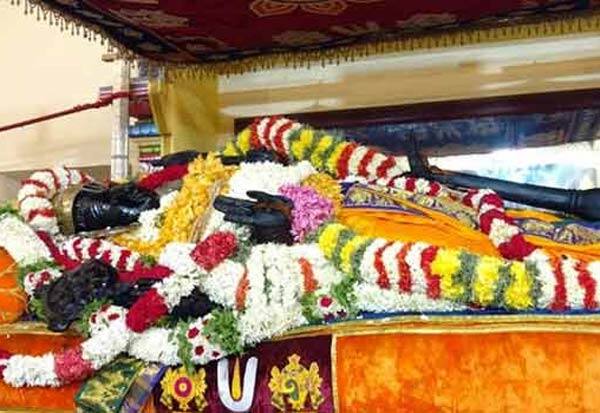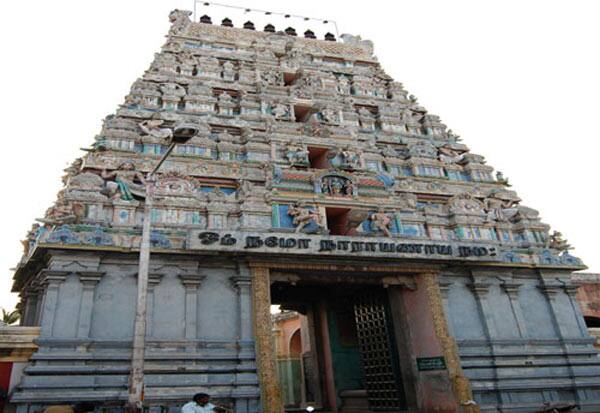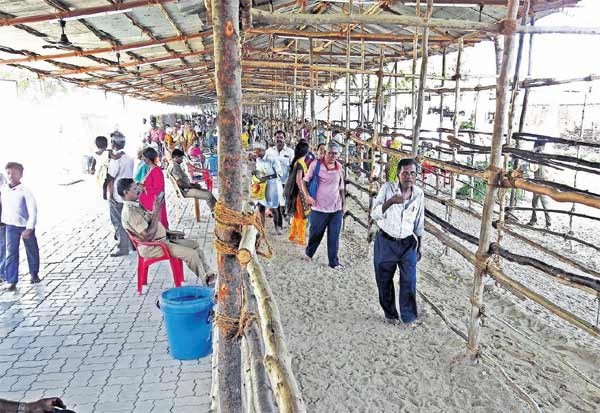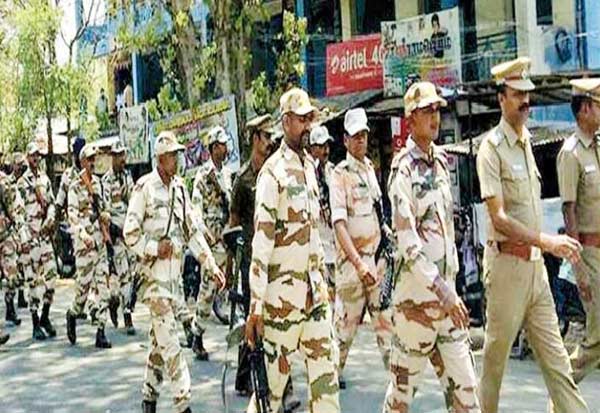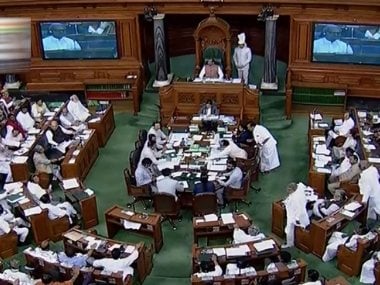Bigamous marriages are offence under IPC: Madras High Court
DECCAN CHRONICLE. | J STALIN
Published Jul 27, 2019, 2:02 am IST
It is duty mandatory on the part of the state to ensure that the interest of women is also to be protected and after the death of the public servants.
Madras high court
Chennai: The Madras high court has observed that in spite of the conduct rules stating that bigamous marriages is a misconduct and an offence under the IPC, authorities competent of the various departments across the state of Tamil Nadu are absolutely insensitive towards such issues.
Justice S.M.Subramaniam further said the consequences of insensitiveness in these issues resulting denial of livelihood to the other woman, who married the public servant as the second wife, without even understanding the consequences and the other service conditions.
In many number of cases, illegal marriages were not identified, when the public servants were in service and in most of the cases, the counter claims were arising only after the retirement of the public servants or in the event of the death of the public servants, the judge added.
The judge said, “It is duty mandatory on the part of the state to ensure that the interest of women is also to be protected and after the death of the public servants, the pension benefits as well as the family pension are unable to be settled in large number of cases and the civil litigations instituted in this regard are also pending very long years. Ultimately, the poor widows became dependents of their children or relatives. While the public servants were in service, they lead a decent life and suddenly, they are affected on account of such counter claims. Thus, an effective mechanism is to be provided for the purpose of controlling the bigamous marriages amongst the public servants”.
The judge said when the offences relating to marriages were declared as offences against the state, how the state government employees can commit such offences and such offences committed were taken lightly by the authorities competent. When it was established that the offences against the marriages were punishable under the IPC and public servants were committing such offences against the State, they were left without any action in many number of cases.
The concept of social acceptance or otherwise cannot be pleaded in such type of cases whether such nature of offences were already punishable under the IPC. The acceptance has no legal validity in the eye of law.
Thus, the public servants on entering into the second marriage during the lifetime of the first wife or contracted with any other woman for marriage were all to be prosecuted under the provisions of criminal law. Under these circumstances, the department officials on receipt of any such complaint or information from any source must conduct an enquiry and investigation, if necessary and accordingly, institute actions against public servants both under the discipline and appeal rules as well as by registering a police complaint under the IPC, the judge added.
DECCAN CHRONICLE. | J STALIN
Published Jul 27, 2019, 2:02 am IST
It is duty mandatory on the part of the state to ensure that the interest of women is also to be protected and after the death of the public servants.
Madras high court
Chennai: The Madras high court has observed that in spite of the conduct rules stating that bigamous marriages is a misconduct and an offence under the IPC, authorities competent of the various departments across the state of Tamil Nadu are absolutely insensitive towards such issues.
Justice S.M.Subramaniam further said the consequences of insensitiveness in these issues resulting denial of livelihood to the other woman, who married the public servant as the second wife, without even understanding the consequences and the other service conditions.
In many number of cases, illegal marriages were not identified, when the public servants were in service and in most of the cases, the counter claims were arising only after the retirement of the public servants or in the event of the death of the public servants, the judge added.
The judge said, “It is duty mandatory on the part of the state to ensure that the interest of women is also to be protected and after the death of the public servants, the pension benefits as well as the family pension are unable to be settled in large number of cases and the civil litigations instituted in this regard are also pending very long years. Ultimately, the poor widows became dependents of their children or relatives. While the public servants were in service, they lead a decent life and suddenly, they are affected on account of such counter claims. Thus, an effective mechanism is to be provided for the purpose of controlling the bigamous marriages amongst the public servants”.
The judge said when the offences relating to marriages were declared as offences against the state, how the state government employees can commit such offences and such offences committed were taken lightly by the authorities competent. When it was established that the offences against the marriages were punishable under the IPC and public servants were committing such offences against the State, they were left without any action in many number of cases.
The concept of social acceptance or otherwise cannot be pleaded in such type of cases whether such nature of offences were already punishable under the IPC. The acceptance has no legal validity in the eye of law.
Thus, the public servants on entering into the second marriage during the lifetime of the first wife or contracted with any other woman for marriage were all to be prosecuted under the provisions of criminal law. Under these circumstances, the department officials on receipt of any such complaint or information from any source must conduct an enquiry and investigation, if necessary and accordingly, institute actions against public servants both under the discipline and appeal rules as well as by registering a police complaint under the IPC, the judge added.





